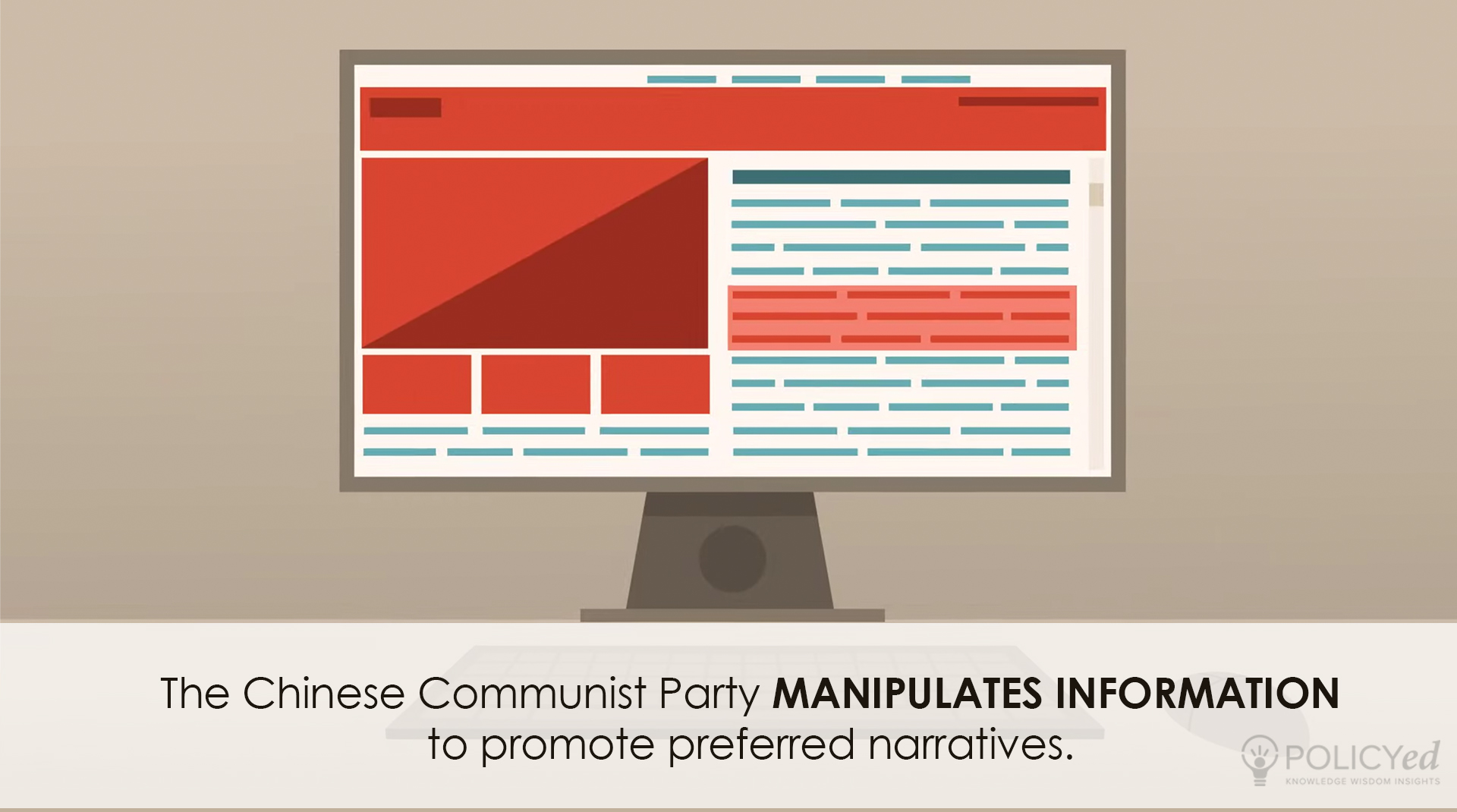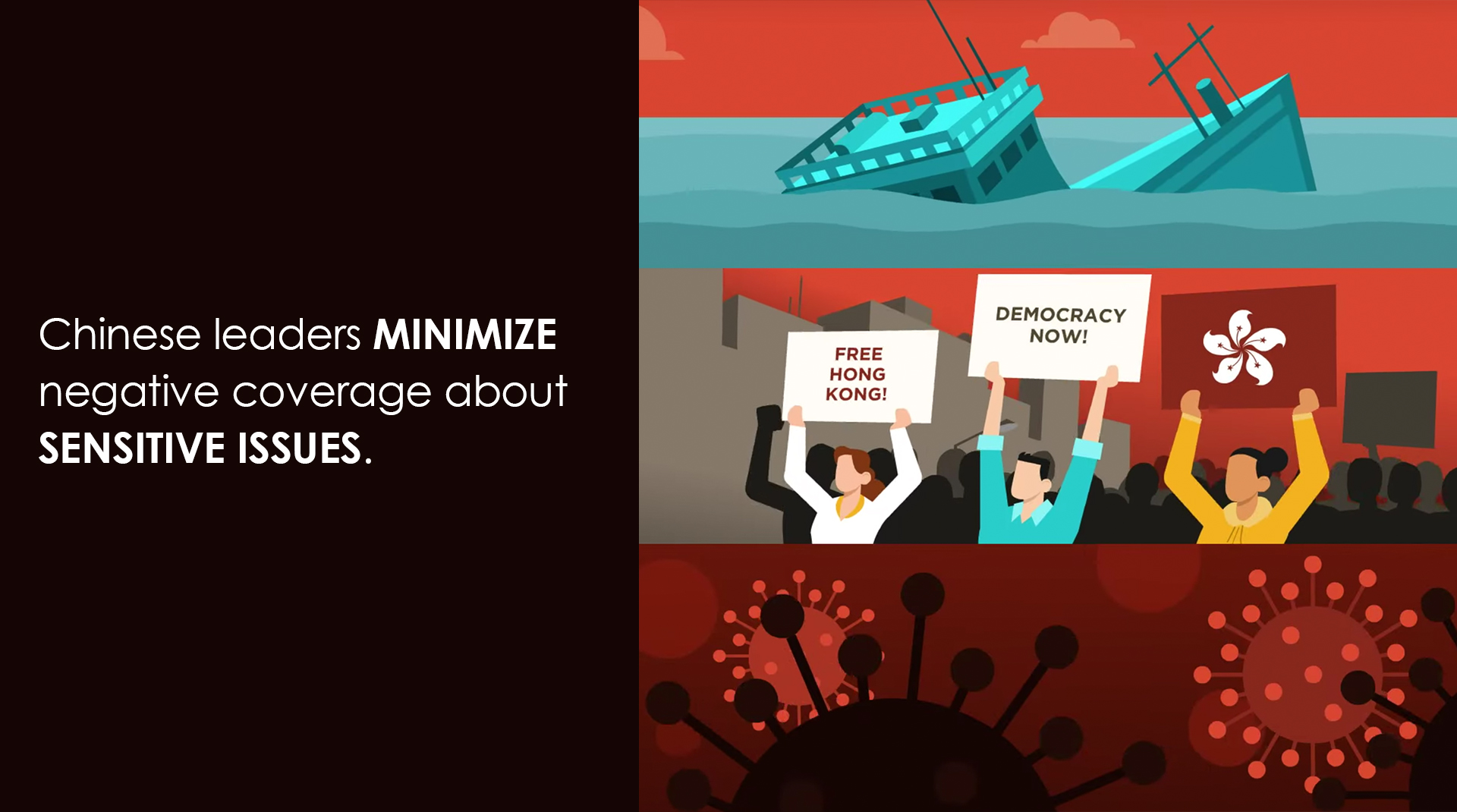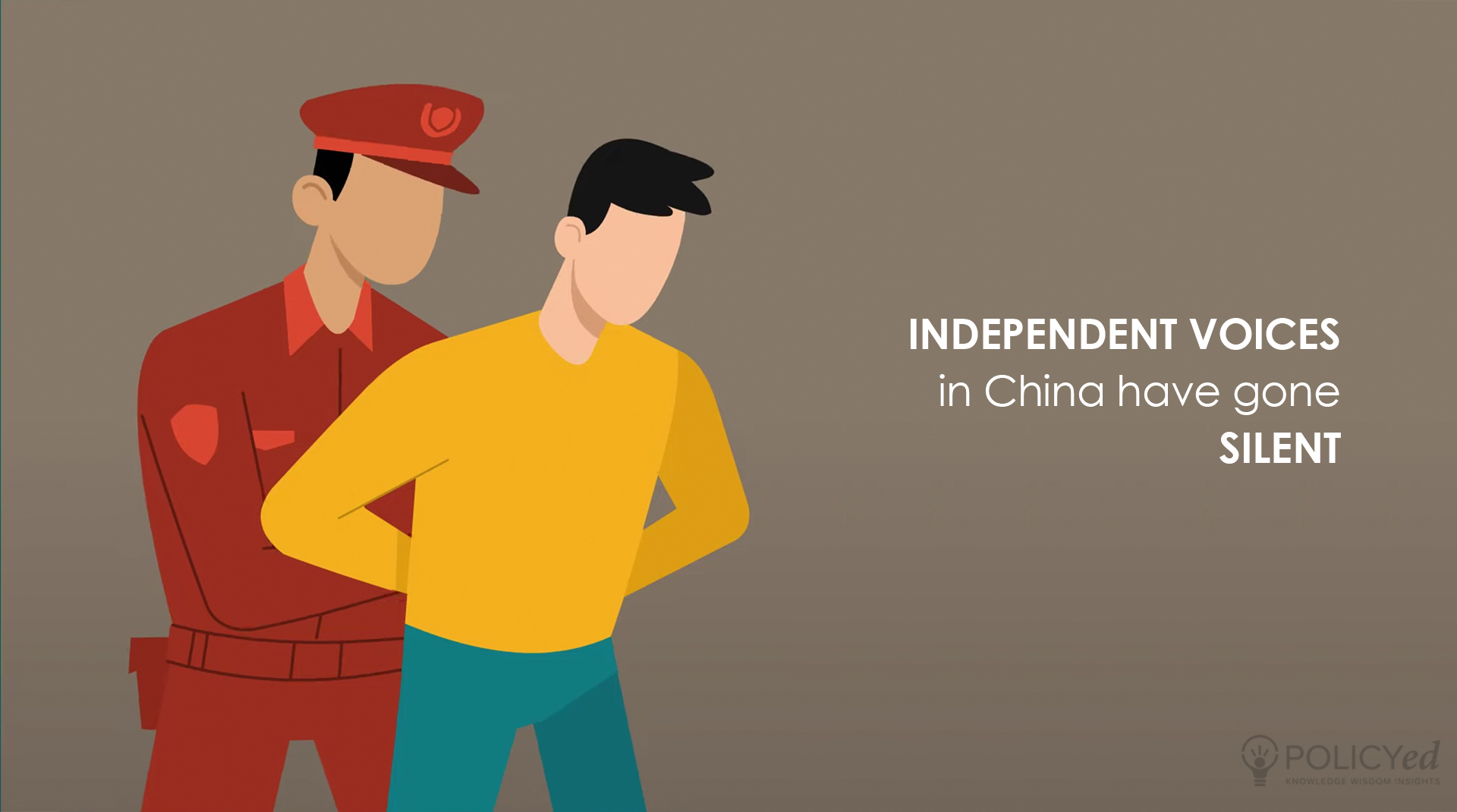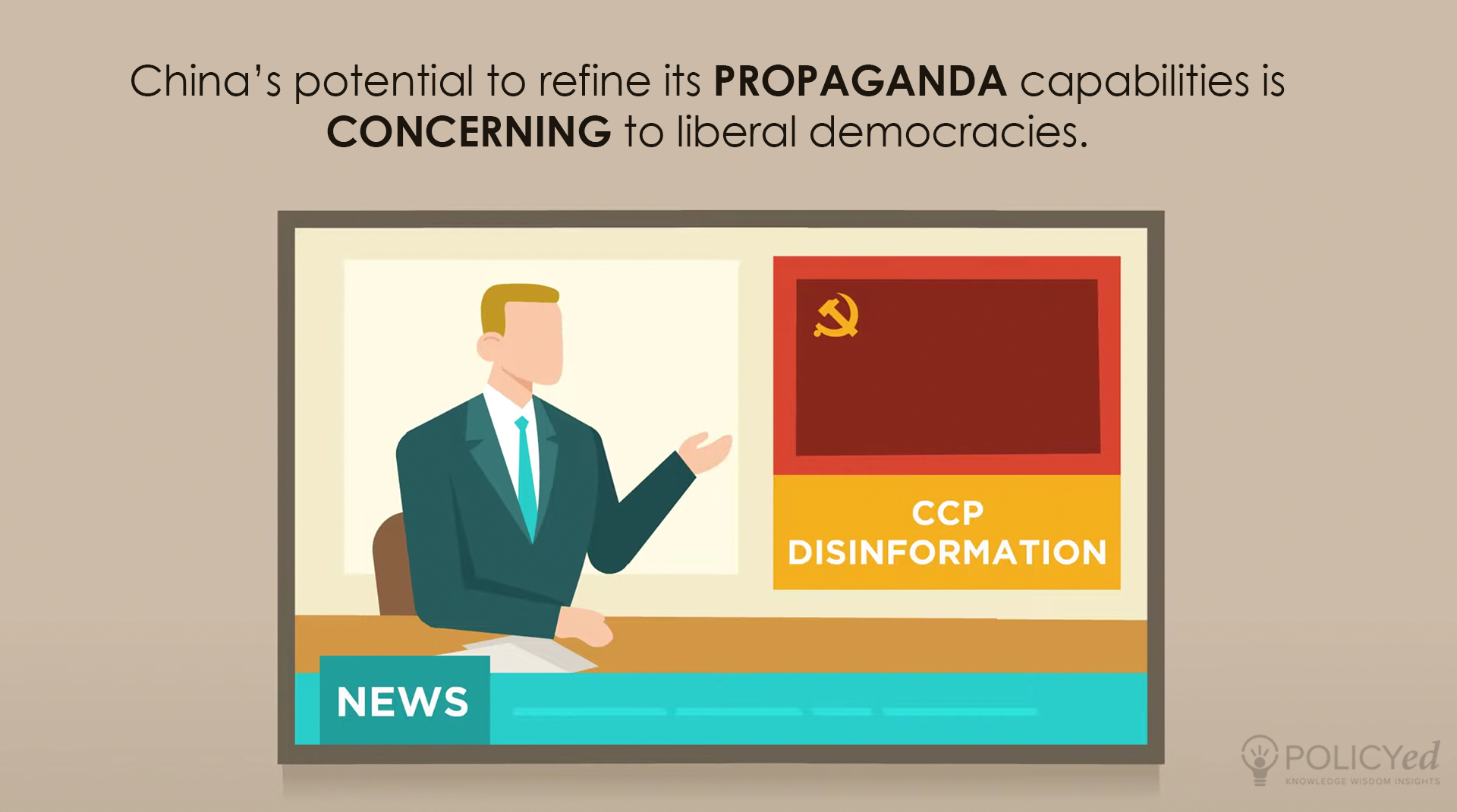Key Facts
Not the Full Story
Leaders of the Chinese Communist Party regularly communicate to an international audience on popular global social networks such as Facebook, YouTube, and Twitter—networks they block within China. They project positive images of China to the rest of the world; minimize negative coverage about sensitive issues like Taiwan, Hong Kong, or COVID-19; and mobilize actors abroad to amplify those interventions.
Silent and Submissive
In 2016, China’s president Xi Jinping forced editors and reporters at the three largest state-run media companies to pledge absolute loyalty to the Chinese Communist Party. And internet regulators have mandated real-name registration across domestic online platforms, including Weibo and WeChat, to make it easier to interrogate, arrest, and prosecute people for expressing their political views. Independent voices have increasingly gone silent.
What It Means for Liberal Democracy
China’s potential to refine and increase its capabilities remains of significant concern to liberal democracies. Monitoring China as it increases its propaganda capabilities is critical to detecting and mitigating state-sponsored disinformation coming from overseas, and to ensuring the integrity of the information that policy makers and the public depend upon.




